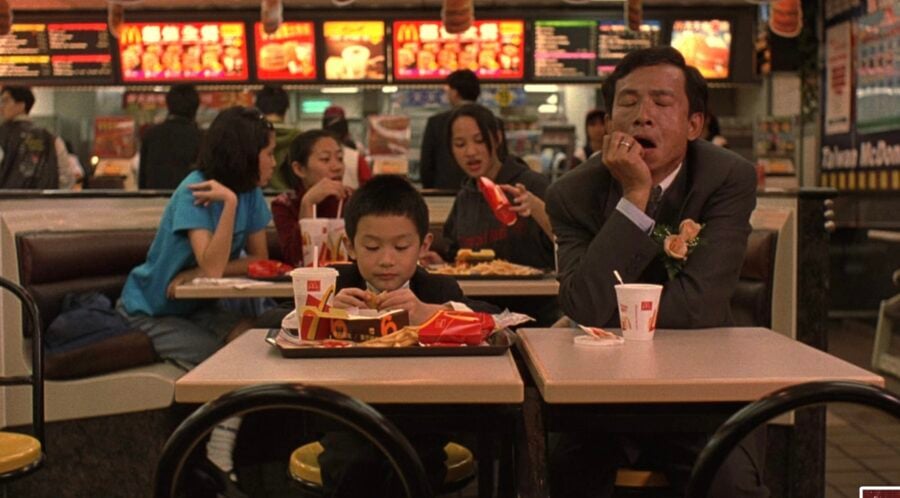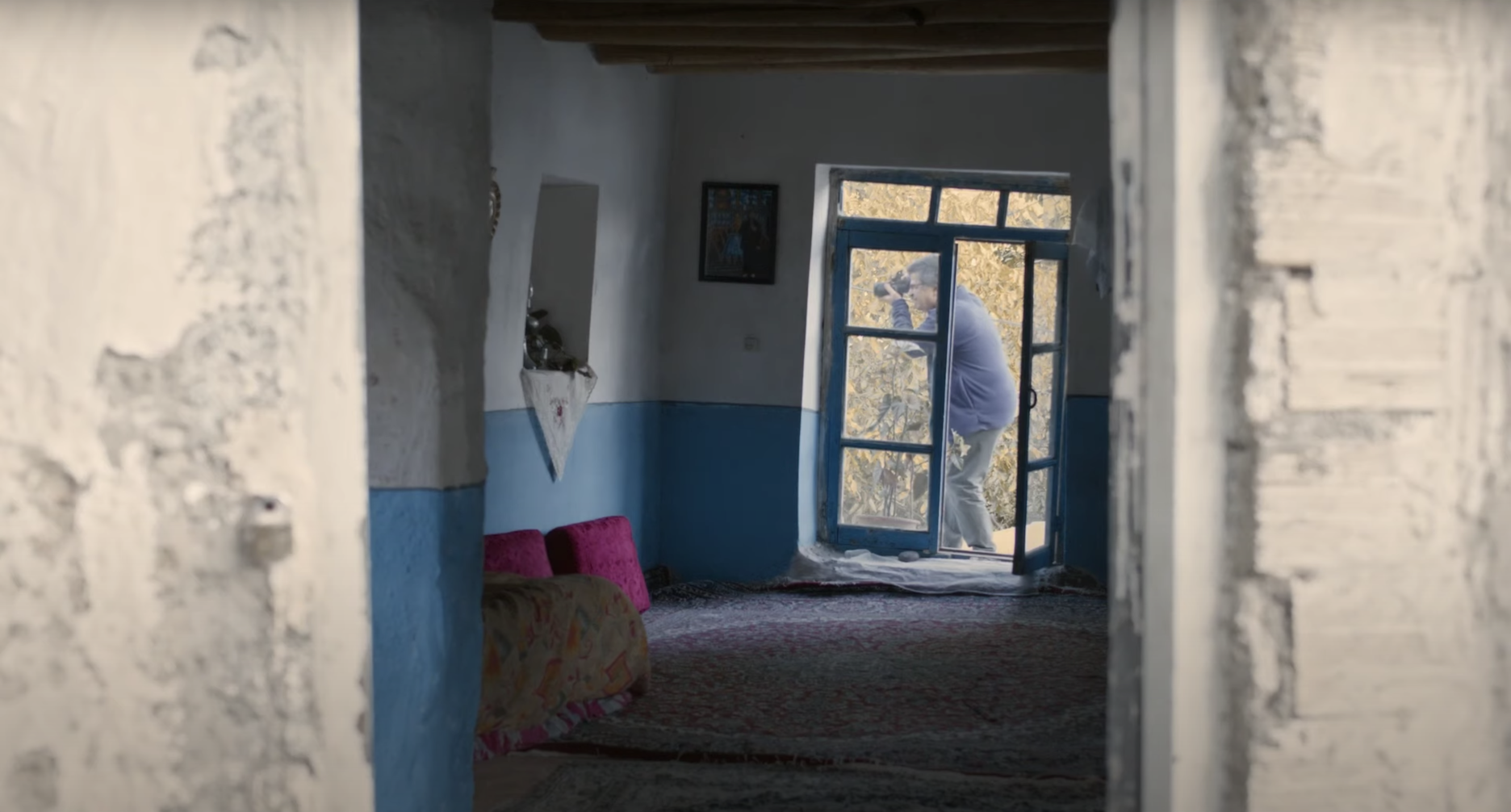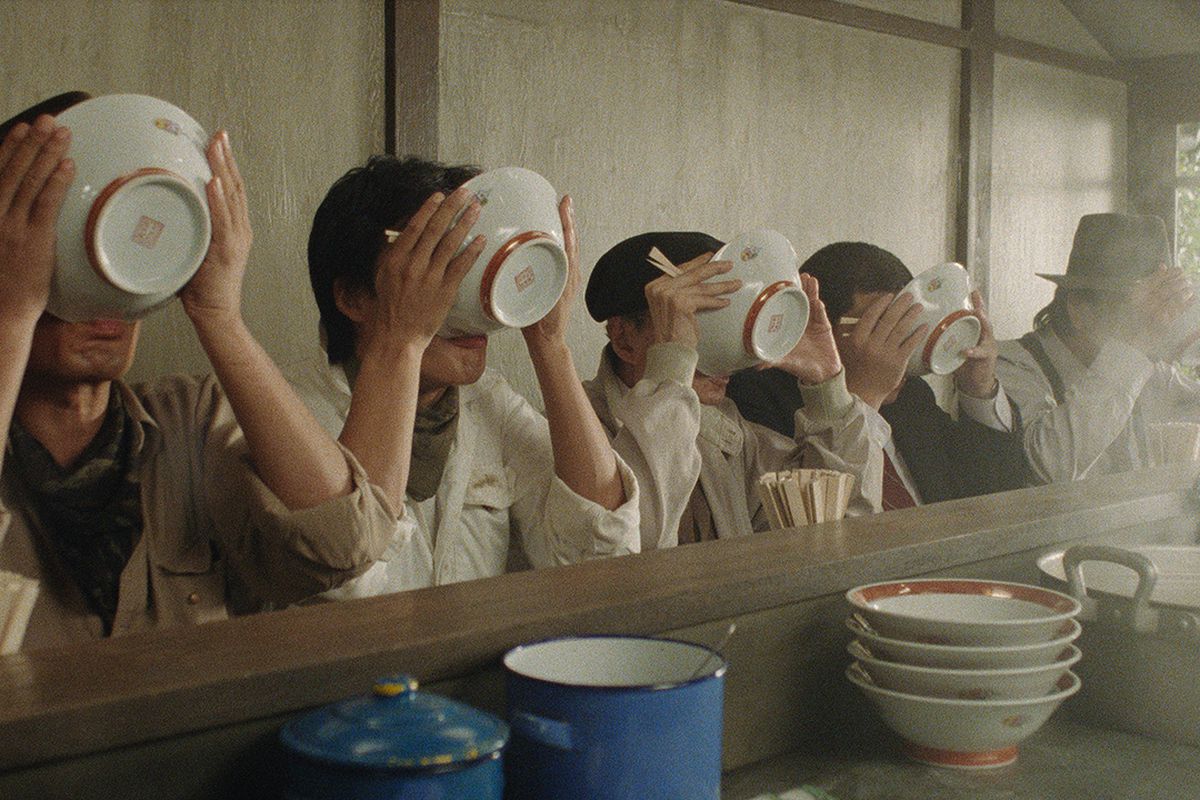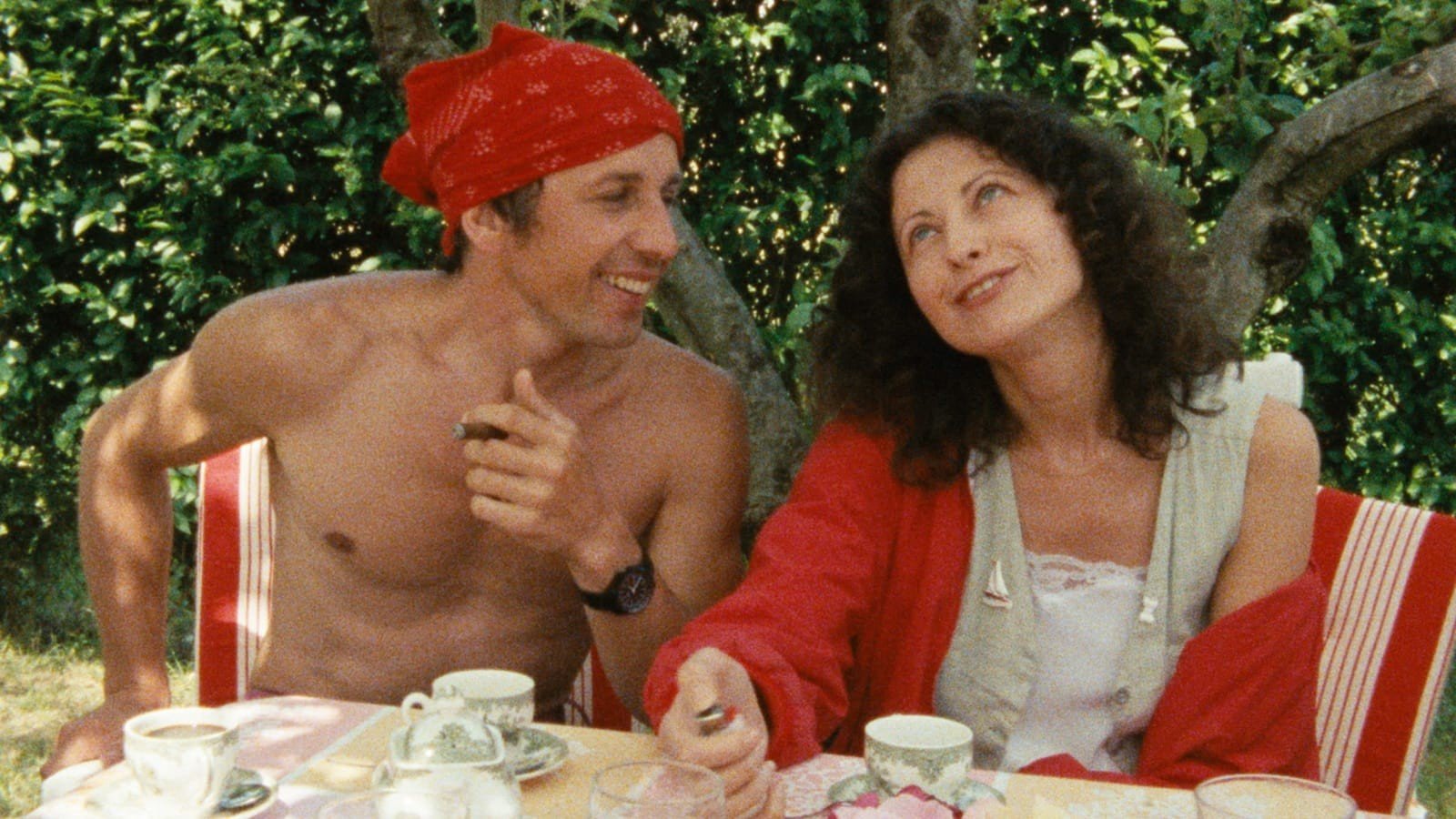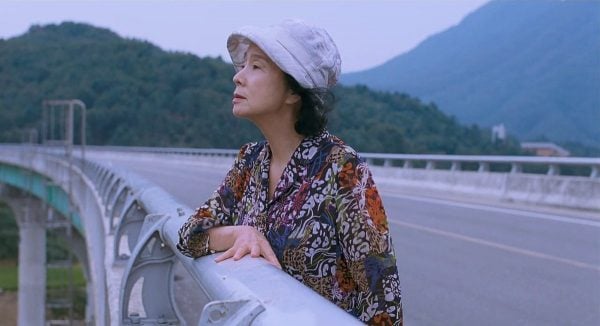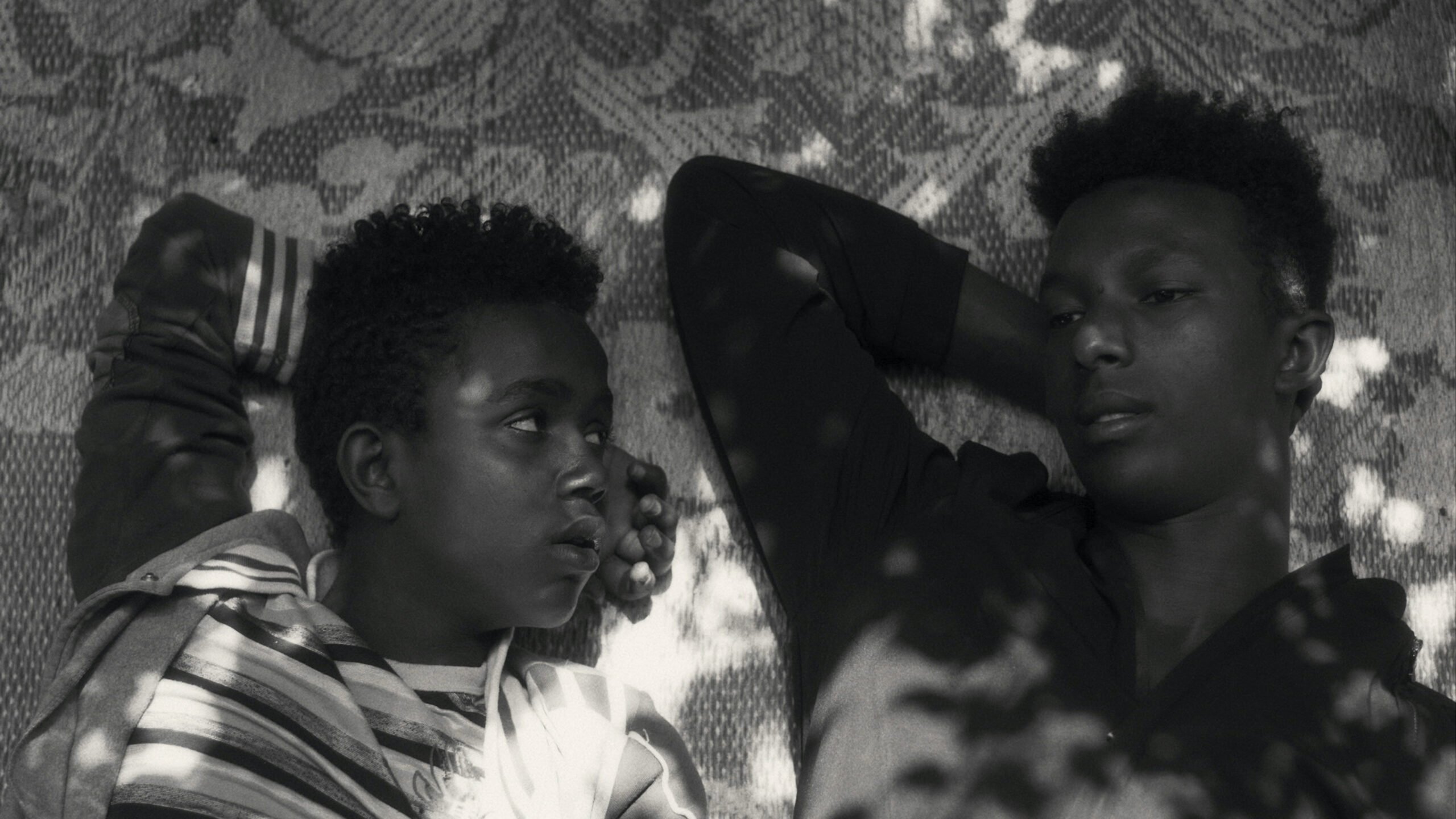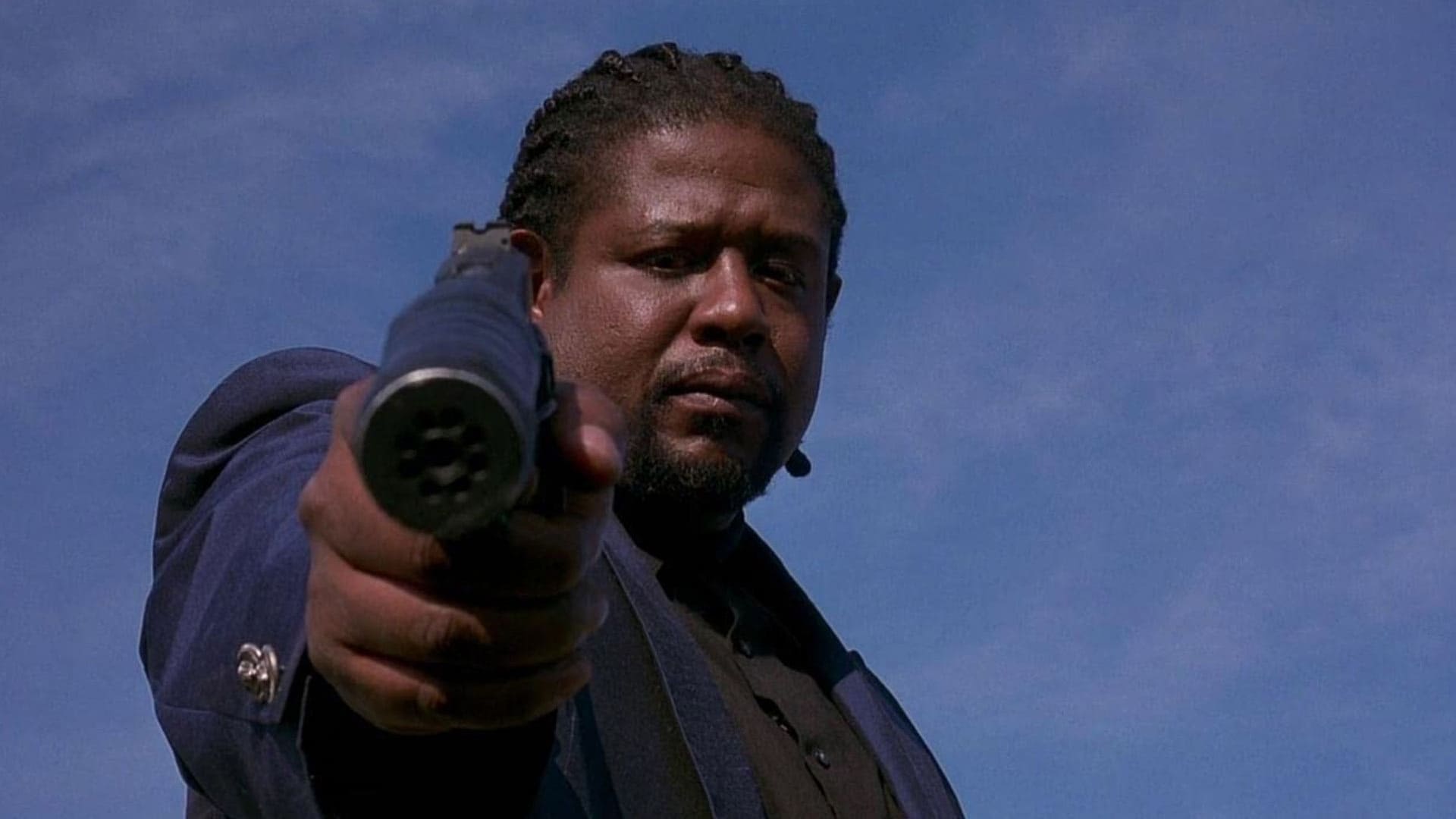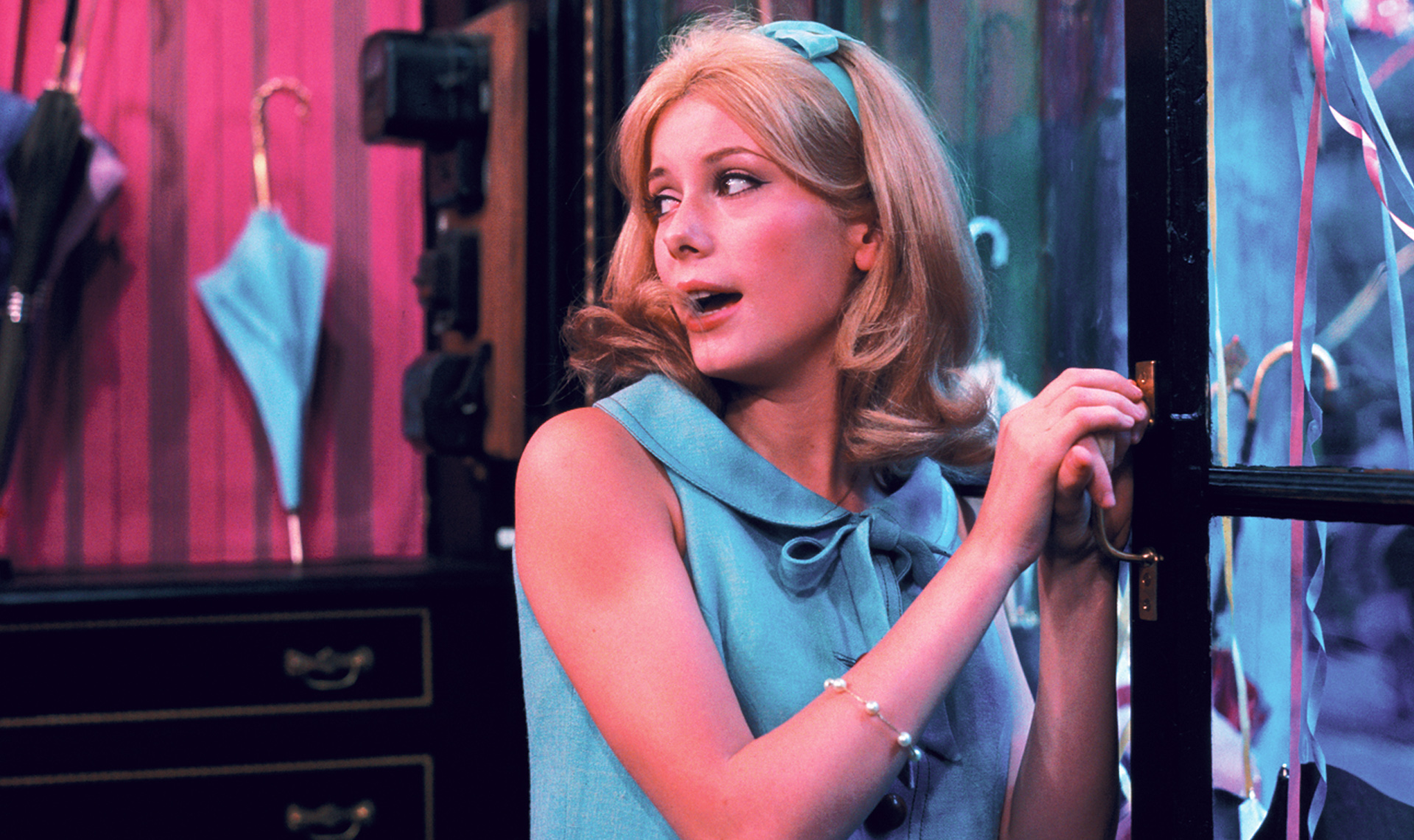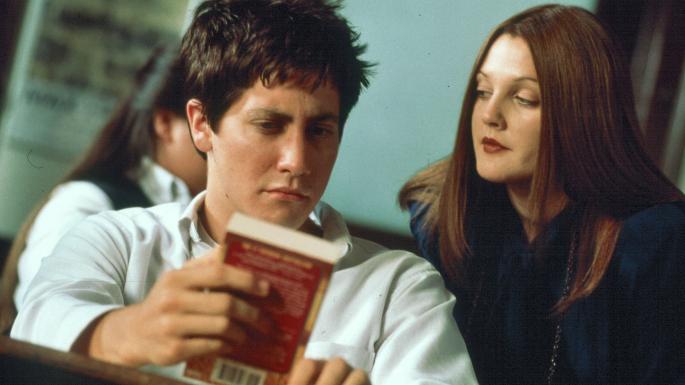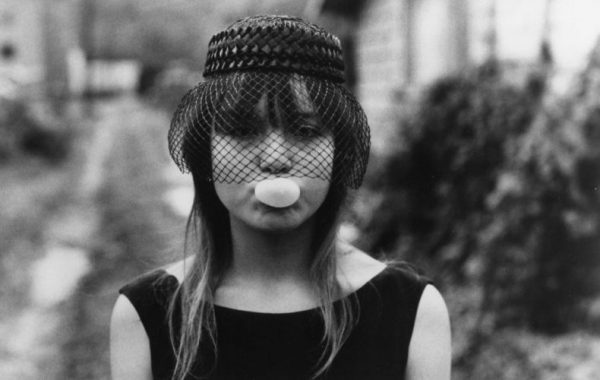
30 Best Movies on The Criterion Channel Right Now
April 20, 2025
Share:
The Criterion Channel is great for watching old classics, but as a streaming platform, it’s also full of recent movies (that will hopefully one day become classics). This list is for the best movies you can stream on Criterion that are recent (mostly released in the 2010s with one or two 90s movies).
Read also:
11. Yi Yi (2000)
Genres
Director
Actors
Moods
Edward Yang’s masterful and lush Yi Yi follows the lives of the Jian family and their respective, middle-class worries. The father agonizes over a business deal and, at the back of his mind, an old flame. The mother struggles with emptiness, the daughter with sensuality, and the son with his burgeoning artistry. In the periphery are other family members trying to get by as best they can despite having no certain future to look forward to. The story, which is bookended with life and death, is punctuated with these lingering anxieties but also, crucially, with moments of potent, profound joys.
The premise seems simple, but Yang weaves a breathtaking epic out of the mundane. The mise-en-scene is immersive, the dialogue delicate, and the direction effectively real. The understated elegance of each piece coming together to build a rich whole is what makes YiYi Yang’s legacy to the world of cinema.
12. No Bears (2022)
Genres
Director
Actors
Moods
The Iranian director Jafar Panahi has faced constant persecution from his country’s government for over a decade, for his career of sharply political films speaking truth to power. In fact, No Bears—which was shot in secret, in defiance of the government banning him from filmmaking for 20 years—had its initial festival run in 2022 while Panahi was in prison. Evidence of Panahi’s drive to keep making his movies, no matter what, are clear in this film’s limited resources and occasionally inconsistent video quality. But even those obstacles can’t get in the way of his vaulting ambition.
No Bears operates on several different layers that all express Panahi’s growing frustration with—but also his commitment to—making art that only ever seems to put himself and other people in harm’s way. At its base level, this is a suspenseful small-town thriller, as an exiled Jafar Panahi (playing himself) tries to evade suspicion from the villagers around him. At the same time, Jafar is struggling to direct a film remotely, which creates a strain on his production crew. On top of that, the characters in his film undergo their own drama, seeking asylum out of Turkey. All of this is edited together under a stirring screenplay written with heart, humor, and the hope that the institutions that try to scare us will never keep us in the dark forever.
13. Tampopo (1985)
Genres
Director
Actors
Moods
While billed as a “ramen western”, Tampopo satirizes plenty of other American genres, including, but not limited to: 1) the inspirational sports film, with Tampopo’s diligent training, 2) the erotic, arthouse drama through its egg yolk kiss, 3) the witty, social comedy pointing out the absurd in dinnertime tables, and 4) the melodramatic mafia romance with its room-serviced hotel getaway. But the film doesn’t buckle under the weight of carrying all these genres– instead, the customer vignettes are all delicately plated to balance out the hearty journey of a store owner learning about ramen and the bemused, yet cohesive contemplation about food. Tampopo is one of a kind.
14. Festen (The Celebration) (1998)
Genres
Director
Actors
Whilst a classic in some circles, Festen is many things, but it’s definitely not mainstream entertainment. It was shot by Danish director, Thomas Vinterberg, who founded the Dogme 95 movement together with Lars von Trier in 1995, which sought to put the auteur director back at the heart of filmmaking, as opposed to the power of the studios or special effects. This was the first movie to come out from that group. You thought your family was messed up? Think again. This macabre, Poe-esque, gut-wrenching tale of debauchery will leave you feeling confused and slightly nauseous. This effect is exacerbated by Winterberg’s directing style and the crazy camerawork of Anthony Dod Mantle. With a highly volatile tone and a great cast, the effect Festen has on you is not easily shaken off.
15. The Green Ray (1986)
Genres
Director
Actors
Moods
Éric Rohmer’s The Green Ray is the kind of film that you come away from being more honest with yourself. That effect is thanks to the contagious directness of its protagonist: Delphine (Marie Rivière), a newly single young French woman whose summer vacation plans have just been unceremoniously upturned after the friend she was going away with takes off with a man instead. Now at a loose end, the indecisive Delphine meanders between her home in Paris and several gorgeous holiday spots, but that old saying — “wherever you go, there you are” — proves true. Neither the beaches of Cherbourg and Biarritz nor the lofty beauty of an Alps resort can soothe her restlessness or give her what she’s looking for, probably because she doesn’t quite know what that is herself.
Delphine’s is an achingly familiar search for anyone who’s ever felt like they’ve drifted off of life’s path, but blessedly, the conversation-driven Green Ray doesn’t leave us wallowing in that despair. That’s partly thanks to its final moments — which rank among cinema’s most stunning — but mostly because Rivière, who improvised much of her incisive dialogue, puts into words things that so many have felt but few would admit. In that sense, The Green Ray feels as much like a miracle as its last shot does.
16. Poetry (2011)
Genres
Director
Actors
Moods
Poetry is a masterpiece from one of South Korea’s most cherished movie directors, Lee Chang-dong. The simple story follows the everyday life of a grandmother, Mija, who works as a caretaker for a living. To fill her inner emptiness, she decides to join a poetry club with other grandmothers in her neighborhood. Meanwhile, as Mija deals with her own financial and health problems, she struggles to connect with her teenage grandson — only to find out that he is keeping a dark secret. If you are familiar with Lee Chang-dong works, then you know that the movie will tug at your heartstrings. But if you aren’t, prepare to be moved.
17. Faya Dayi (2021)
Genres
Director
Actors
Moods
Though it’s without a plot, Faya Dayi nonetheless weaves a stunning, expansive narrative about khat and the people who farm it and chew its leaves for their hallucinogenic effect. The documentary seems to take place in the same hazy dreamlike stupor that khat-chewers chase: shot in luminous black and white, the film is set to a reflective rhythm that floats from folklore to contemporary stories of romantic heartbreak, migration, and oppression.
Largely featuring members of Ethiopia’s Oromo community — a marginalized ethnic group — including the farmers and workers involved in khat production, Faya Dayi is a portrait of economic hardship, emotional pain, and transcendent escape that hits straight in the chest for all the rawness and yearning it depicts. (As disembodied voice-overs put it, “people chew to get away” to the khat-induced “empty and lonely hideout where no one can ever visit you, your own dark and lonely world.”) Full of textures and images that evoke all of the senses, this is virtually a 5D movie, a hypnotic out-of-body experience that floats an astonishing expanse of ideas into your head — no talky explanations needed.
18. Ghost Dog: The Way of the Samurai (1999)
Genres
Director
Actors
Moods
Director Jim Jarmusch audaciously combined the DNA of French noir classics with that of samurai and mafia movies to produce this utterly original film. As advised by the ancient Japanese manual it often quotes, though, Jarmusch’s movie also “makes the best” out of its own generation by adding hip-hop into its wry genre blend. The results are more than the sum of their parts, especially because the film is so eccentric: no matter how au fait with its inspirations you are, you still won’t see “Forest Whitaker plays a lonely hitman who wields and whooshes his silencer pistol like a samurai sword, lovingly tends pigeons, and can’t even speak the same language as his best friend” coming.
Ghost Dog’s strangeness is never jarring, though, thanks to Whitaker’s cool, collected performance, an atmospheric score by Wu-Tang Clan’s RZA, and the cinematography’s tendency to use smooth double exposures for scene transitions. It almost feels like we’re in another world: Jarmusch zooms in on the Bushido code obsessions of Whitaker’s single-minded character and the mafiosos’ dying laws, blurring out everything else so the movie becomes a meditation on the impulse to moralize one’s misdoings by subscribing to rigid definitions of “honor.” Not an exercise in surface style, then, but a bone-deep reflective masterpiece.
Read also:
19. The Umbrellas of Cherbourg (1964)
Genres
Director
Actors
Moods
If we were to list down the best of the best movie musicals ever made, most of the titles would probably come from the Golden Age of Hollywood. But we’d be remiss to forget that just a few years later, all the way across the pond, came The Umbrellas of Cherbourg, a French romantic musical from Jacques Demy. It’s certainly in the running for the most gorgeous musical ever made, with the bold, dreamy colors, incredible camera work, stylish costumes, and two beautiful leads front and center, but what makes Cherbourg great is the lush composition made by Michel Legrand. With the sweeping violins and the tragic lyrics of Devant le Garage, to the catchy, jazzy Scène du Garage that starts off the film, Les Parapluies de Cherbourg brings together sublime visuals and sound into one of the greatest musicals ever made.
20. Donnie Darko (2001)
Genres
Director
Actors
Moods
Donnie Darko is a cult film by director Richard Kelly, starring Jake Gyllenhaal. It’s about the troubled teenager Donnie who lives in a suburb and suddenly faces a person in a giant rabbit costume who tells him that the world is going to end in 28 days. If that didn’t make sense to you, don’t worry – it’s not about making sense. The film is a gorgeous exploration of a bizarre chain of events, a deep rabbit-hole of meaning and expression, fate and acceptance that practically begs for a second, third, or fourth watching.
Comments
Add a comment
Ready to cut the cord?
Here are the 12 cheapest Live TV streaming services for cord-cutting.
More lists
Lists on how to save money by cutting the cord.
Curated by humans, not algorithms.
© 2025 A Good Movie to Watch. Altona Studio, LLC, all rights reserved.
